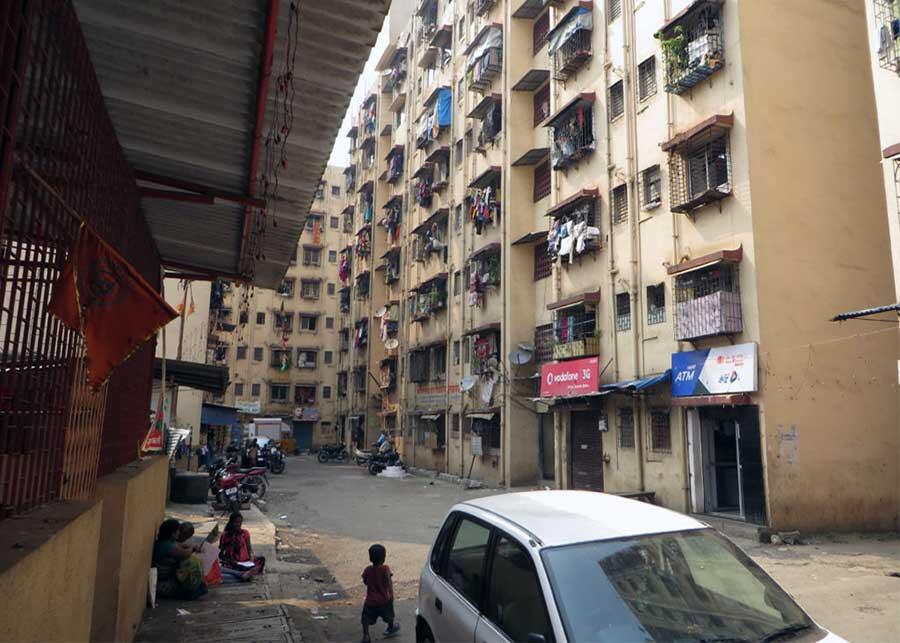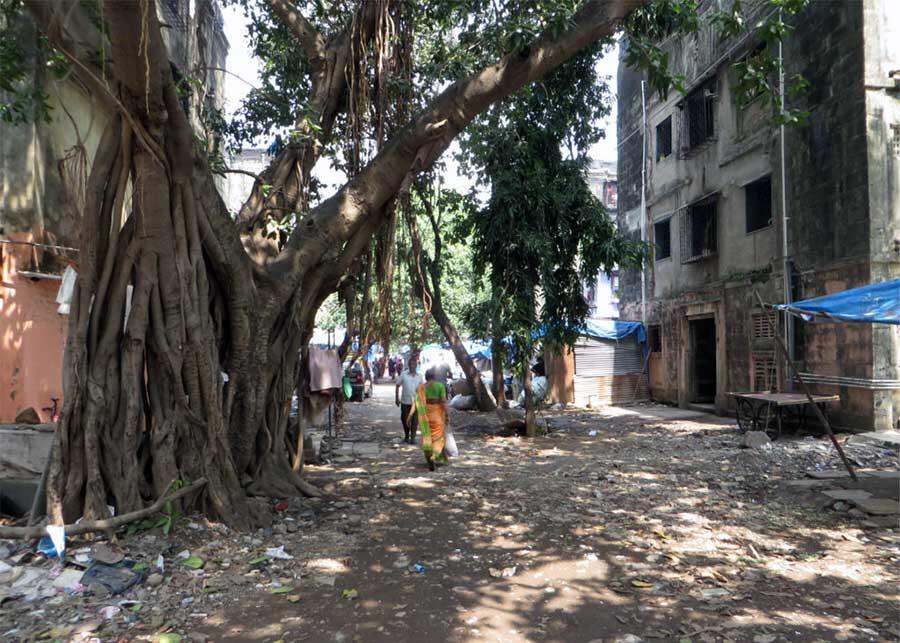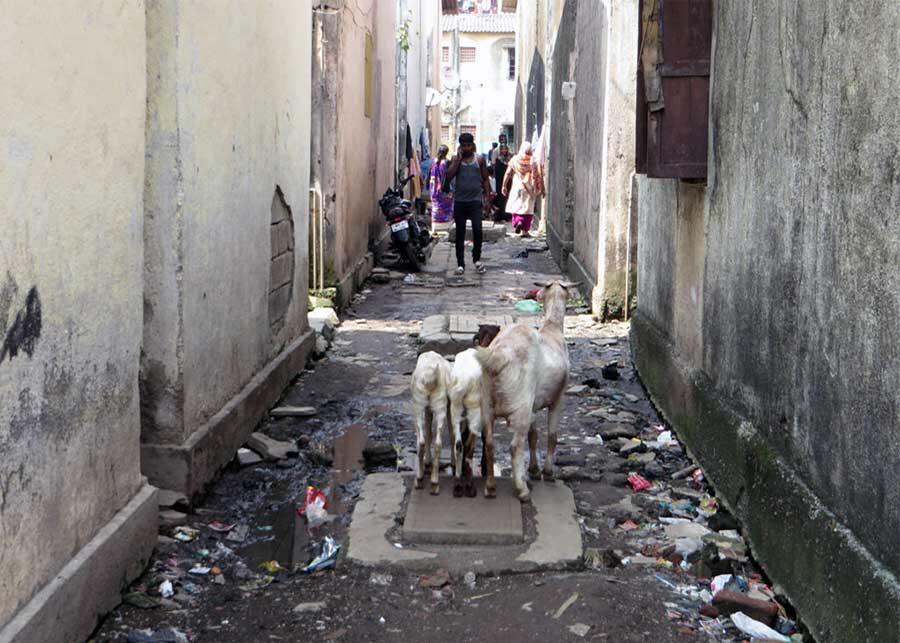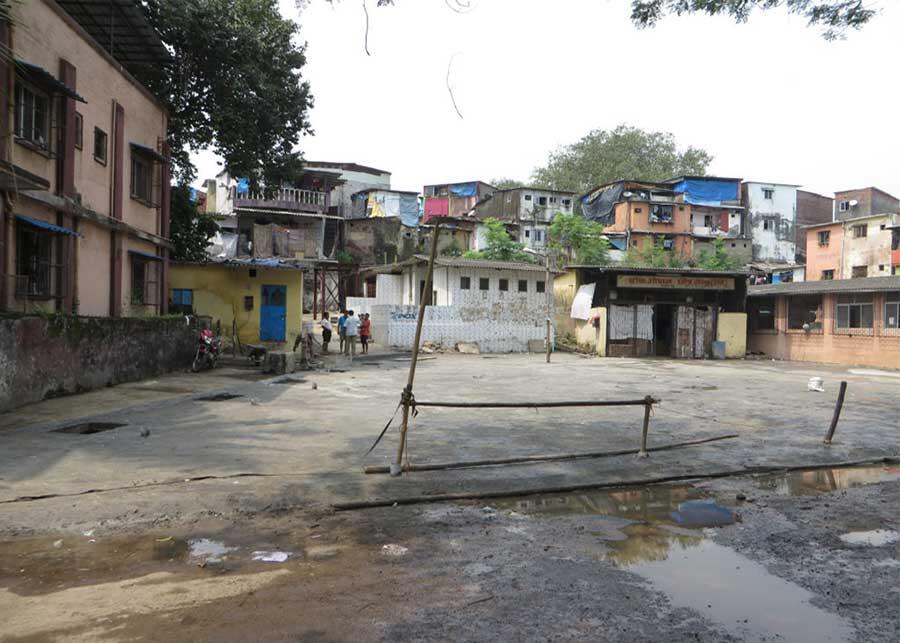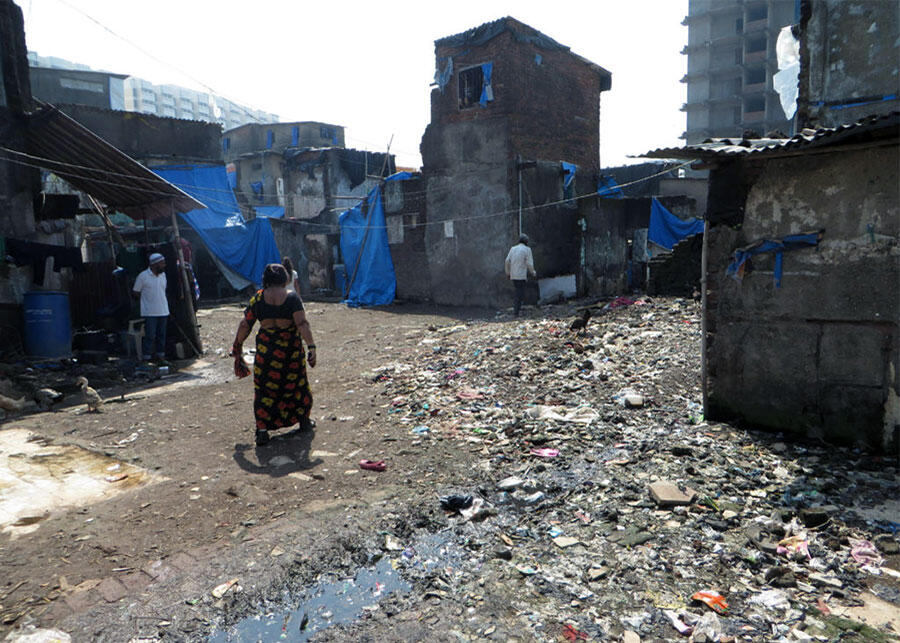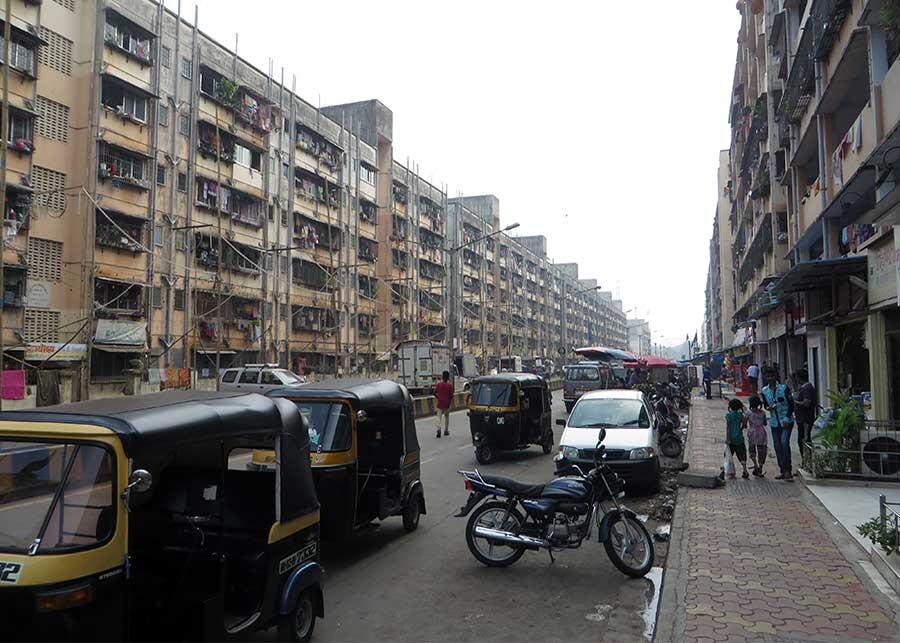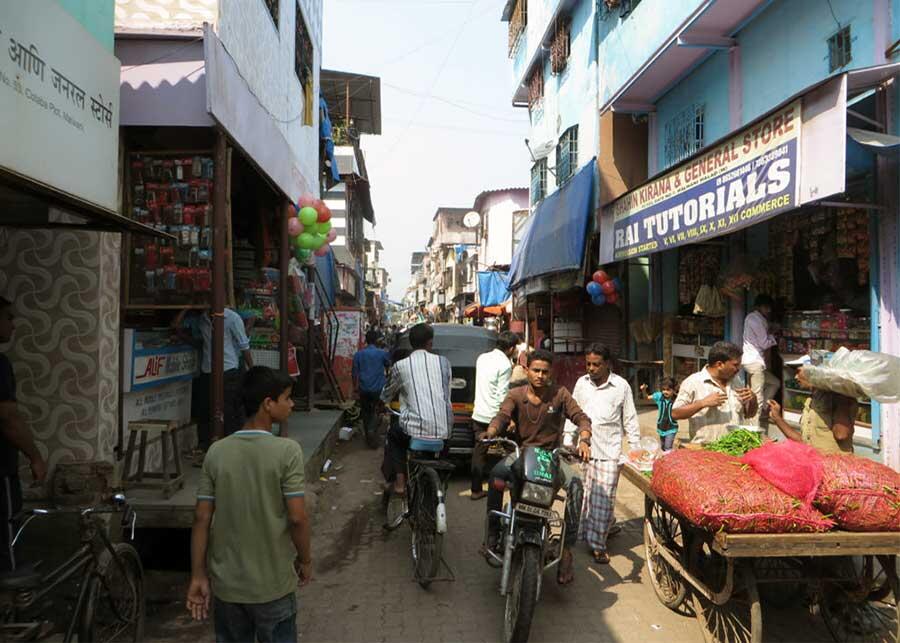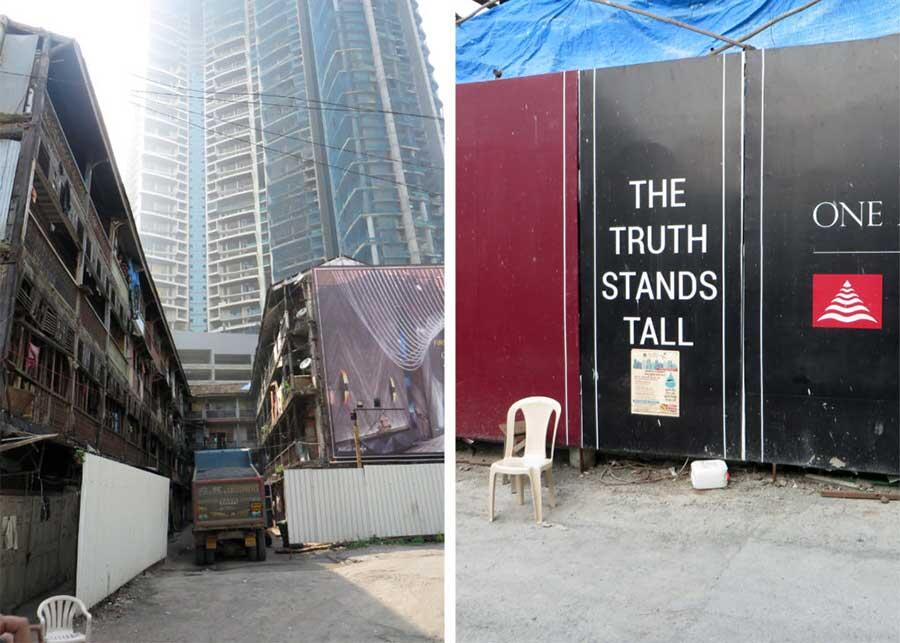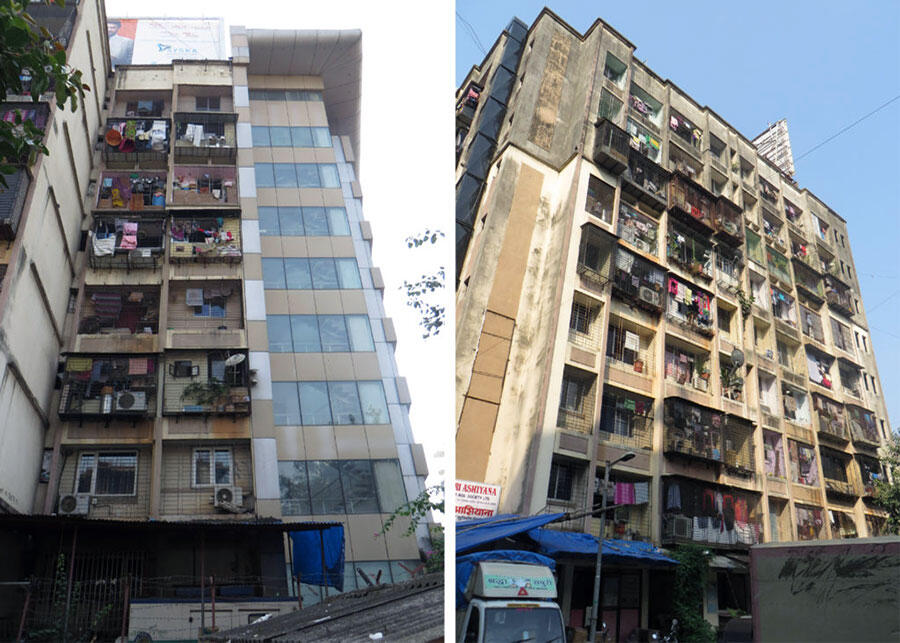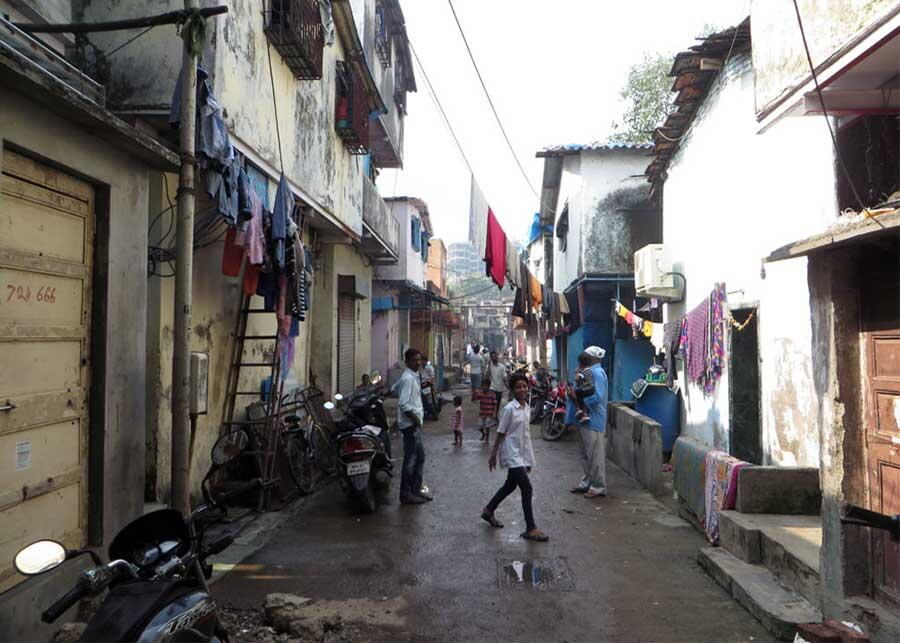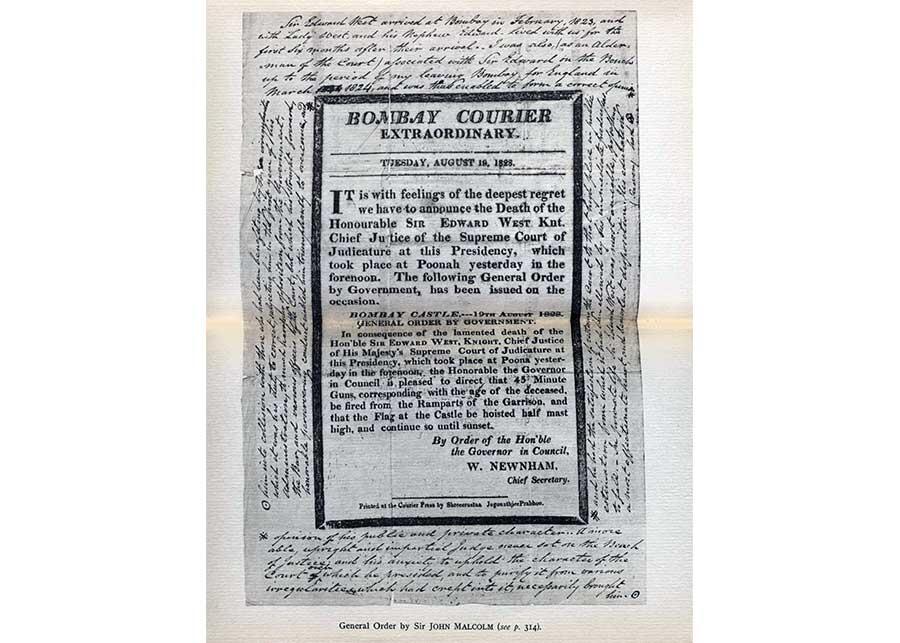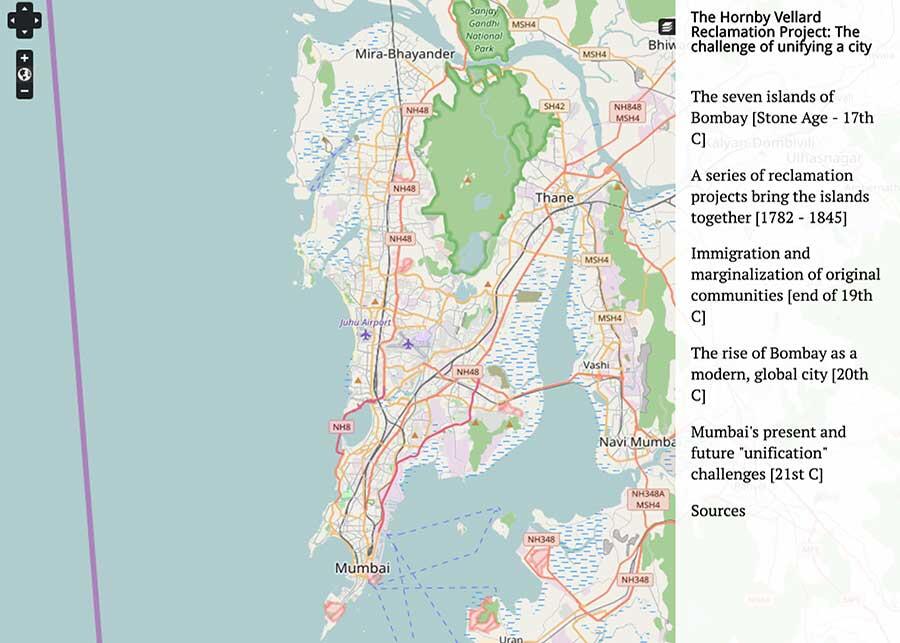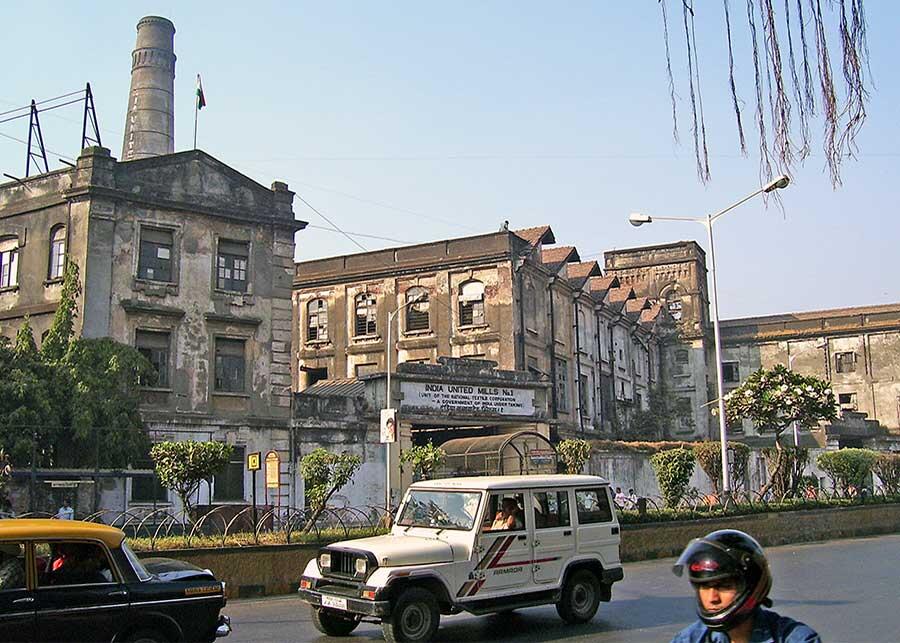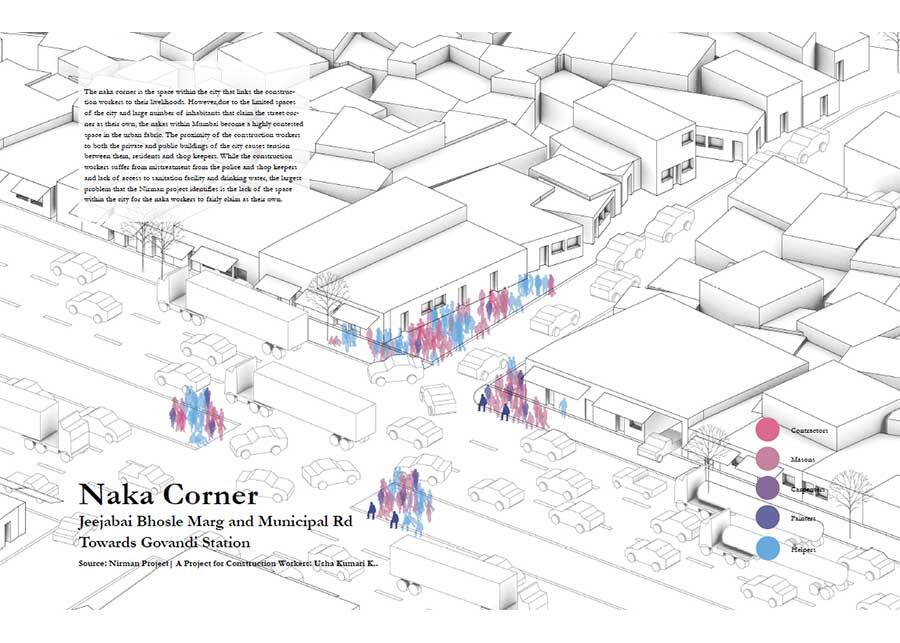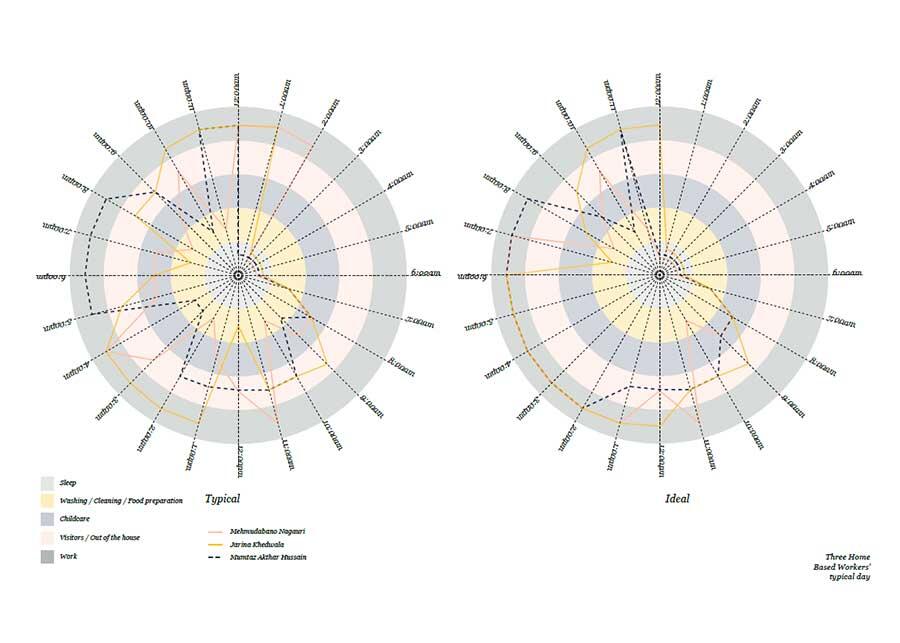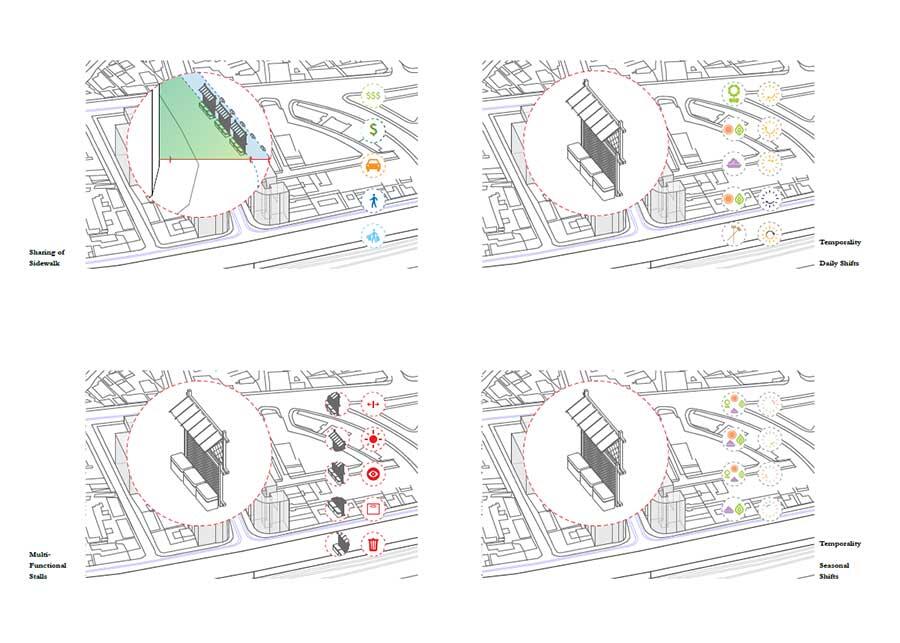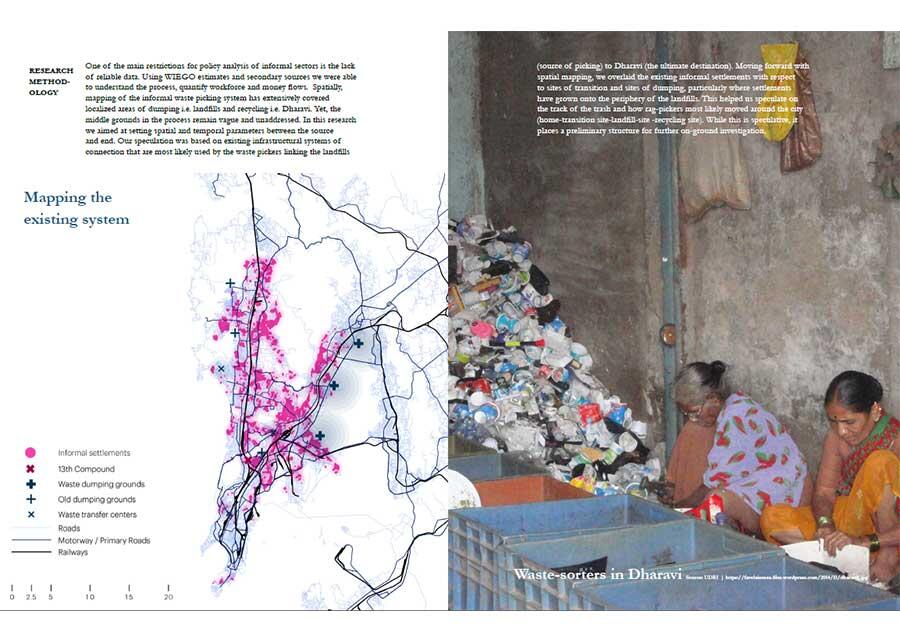The Mumbai portal seeks to understand the city as a set of disparities between formal urban design and planning intentions and their spatial manifestations on the ground. The increasing concentrations of global flows have exacerbated the inequalities and spatial divisions of social classes in the city. In this context, an architecture or urbanism of equality in an increasingly inequitable economic condition requires looking deeper, in order to find a wide range of places to acknowledge and commemorate the cultures and environments of those excluded from the spaces of global flows. These don’t necessarily lie in the formal production of architecture and the city, but often challenge it. Here the idea of a city is an elastic urban condition – not a grand vision, but a grand adjustment.
In Mumbai, the uneven formalization of the city and the blur between what could be defined as formal and informal, challenges the agency and practice of urban design and planning. The research exploration will be a critique of the category of the ‘informal city’ and will use the idea of the unrealized ‘formal city’ as the lens to interrogate the emergent urban form of Mumbai. This framework, we believe, has the potential to allow a better understanding of the blurred lines of contemporary urbanism and the changing roles of people and spaces in the urban society.
The themes that will be explored through the seminars and workshops in Mumbai with local stakeholders will cover: temporality and urban form, metropolitan imaginations and the city, conservation, environmentalism (climate change and risk), sanitation, the question of the public as well as the notion of civil society and its role in activism, advocacy, and governance. An underlying theme through these explorations will be that of the city of Mumbai as a laboratory to imagine the post–industrial city of self-employment. Besides the normal qualitative and quantitative tools for the analysis of the urban condition in Mumbai, the research will also engage with other visual media such as film and photography as well as art production more broadly to understand the city. In addition, literature, poetry, and journalistic accounts of the city will be a core source of material to construct a reading of the city and its particular emergent urbanism and form.
Collaborators will include non-profit and advocacy institutions that are concerned with various aspects of urban life – from design and policy to informal housing and work. Self Employed Women’s Organization (SEWA), Indian Institute for Human Settlements (IIHS), and Society for Promotion of Area Resource Centers (SPARC). Locally, the Urban Design Research Institute (UDRI) is a valuable resource for their continuing commitment to urban advocacy in Mumbai. The research will involve joint research investigations with these agencies as well as workshops and public events that will be among the venues for this research investigation.









